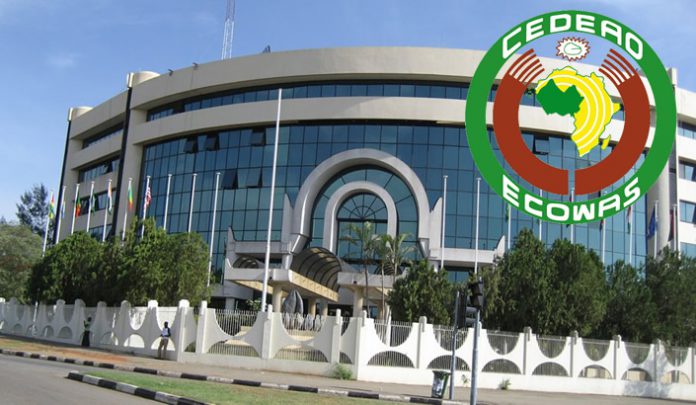The Economic Community of West African States (ECOWAS) said it was disappointed with the lack of progress in reconciling with breakaway, junta-led states of Burkina Faso, Mali and Niger.
It added that the commission would make “more vigorous” reconciliation efforts to bring them back to the bloc.
ECOWAS commission president Oumar Touray said at the start of a summit in the Nigerian capital Abuja on Sunday the region risks disintegration and worsening insecurity after the three Alliance of Sahel States (AES) signed a confederation treaty.
That treaty underscored the military juntas’ determination to exit the near 50-year ECOWAS after also severing military and diplomatic ties with Western powers while seeking greater ties with Russia.
“The Authority expresses disappointment with the lack of progress in engagements with the authorities of Burkina Faso, Mali and Niger and instructs the President of the Commission to facilitate a more vigorous approach,” ECOWAS said in a communique released on Monday.
But ECOWAS would “develop a forward-looking contingency plan” regarding all eventualities in relations with the AES.
Military juntas in Burkina Faso, Niger and Mali seized power in a series of military coups between 2020-2023.
It is not clear how closely the AES will harmonise political, economic and defence policies as it struggles to contain a decade-old battle with Islamist insurgents and grow economies that are among the world’s poorest.
Their departure could weaken ECOWAS and Touray said the freedom of movement and a common market of 400 million people offered by the bloc were under threat.
Recall that ECOWAS re-elected Nigerian President Bola Tinubu chairman for another year and tasked Senegalese and Togolese leaders to negotiate with the military juntas to try to bring them back into the bloc.
The ECOWAS leaders approved a decision to mobilise a 5,000-strong regional standby counter-terrorism force.
The force would start as a 1,650-man brigade to be increased over time.
Member countries are expected to fund the force and will also approach the African Union for financial support.











